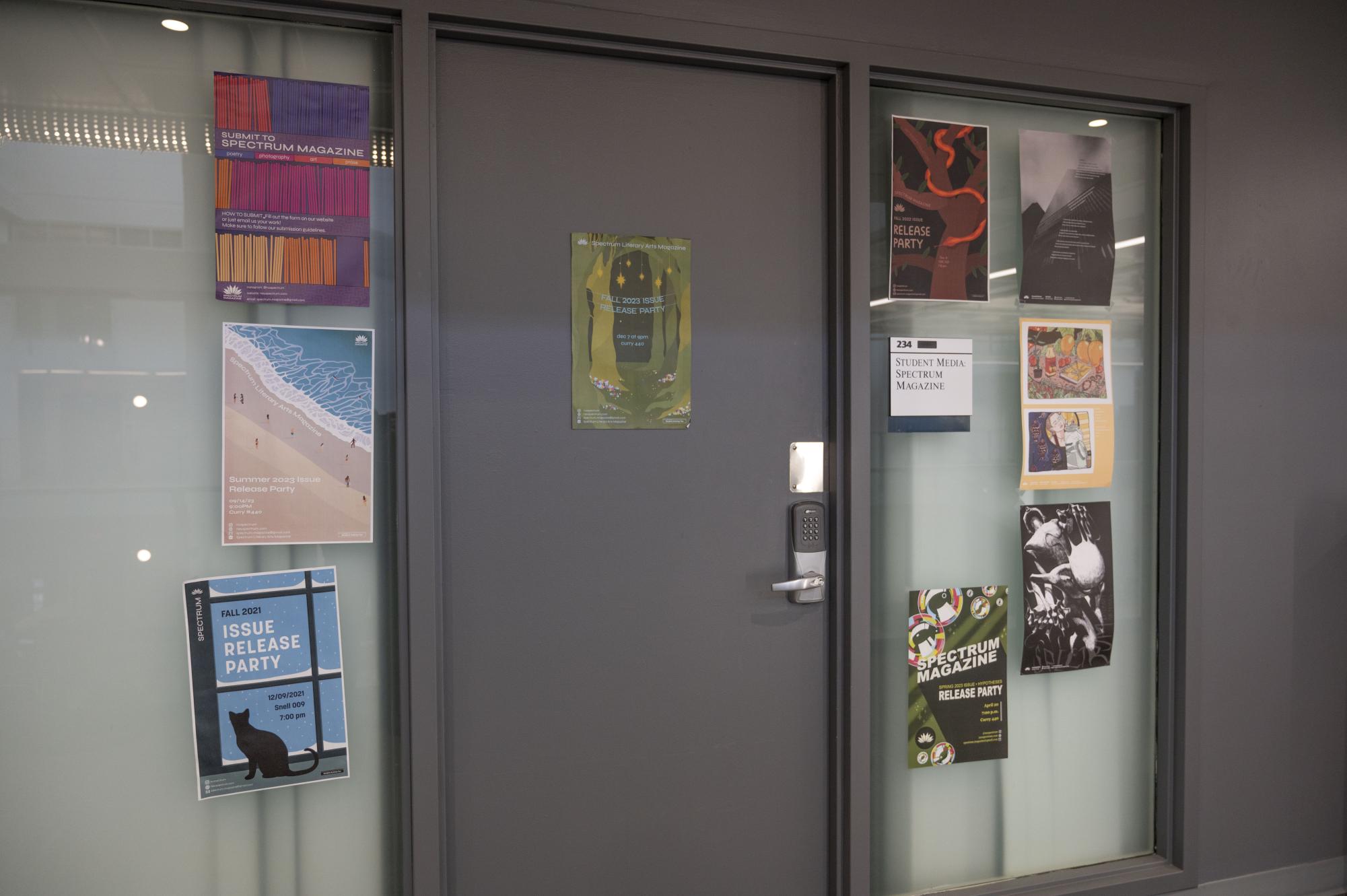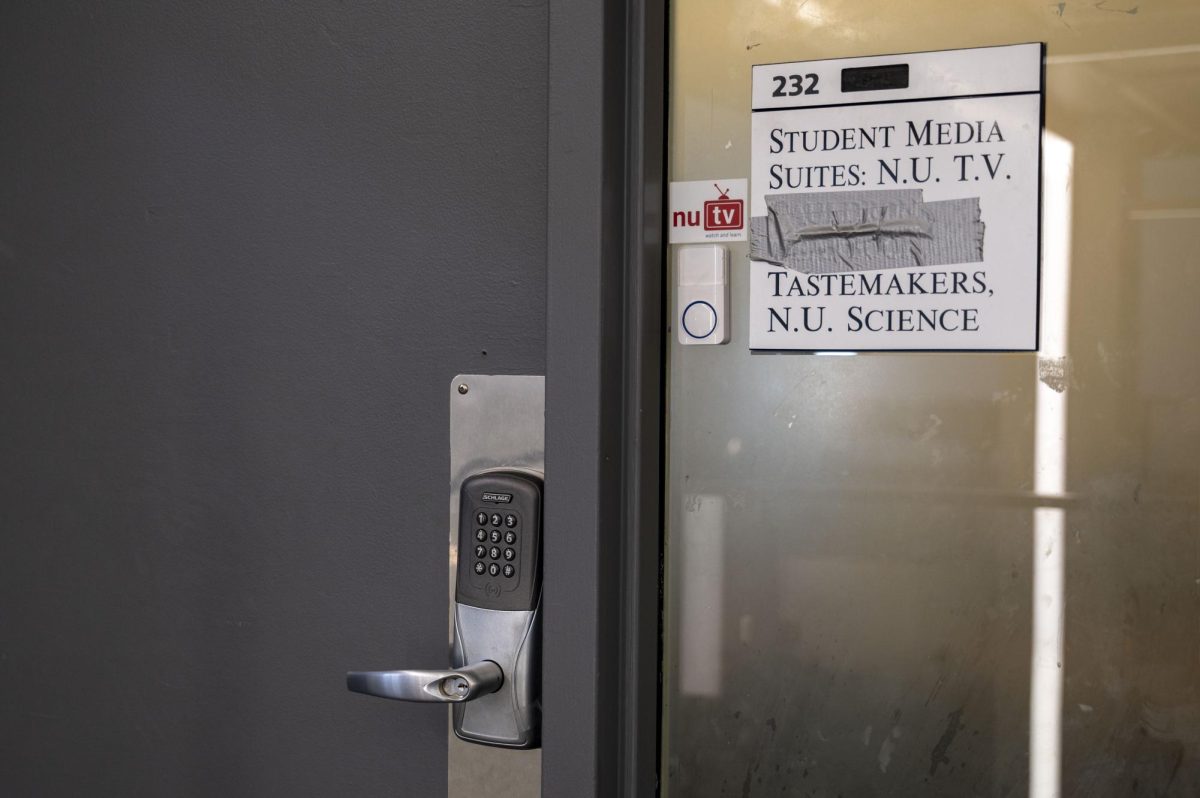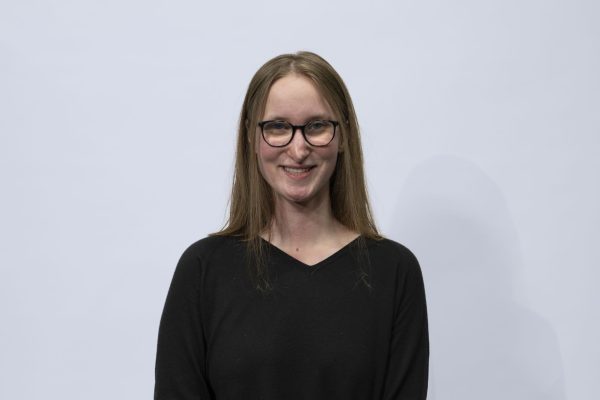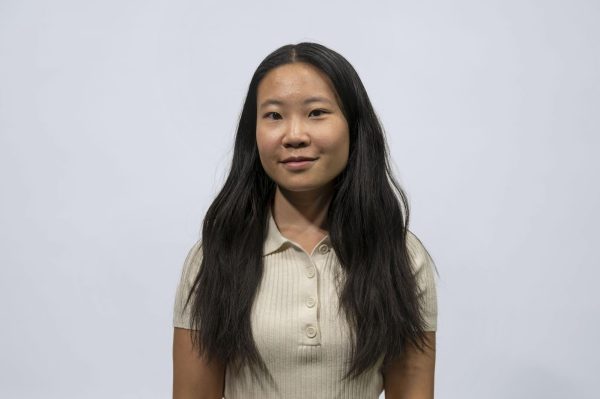Six clubs with offices on the second floor of Curry Student Center will be forced to find new spaces by the end of the semester after a university announcement outlined plans to renovate the floor to create new event and meeting rooms.
Several club leaders received an email from the Center for Student Involvement Jan. 22 which read, “The area where the student organization offices are located will be transformed into a much-needed event and meeting room.” The clubs being displaced are Tastemakers Magazine, Council for University Programs, NU SCI Magazine, NUTV, Live Music Association and Spectrum Literary Arts Magazine.
The planned multi-year renovations include a new 200-person event space, more storage space for student organizations and updates to the programming lab, ballroom and dance studios, according to a statement from the university emailed to The News.
“In response to years of assessing the needs of student groups and gathering student feedback, the focus will be to provide spaces for all student organizations to utilize instead of individual student offices,” the university said in its original Jan. 22 email to club presidents obtained by The News. The email said the renovation will add a meeting room “similar in size of McLeod suites, with a partition that would accommodate two meeting spaces with 100 people each” where the club offices are currently located.
In the statement to The News, the university said it worked with the Student Government Association, or SGA, and the Graduate Student Government to gather student feedback, which showed that “there is strong demand for more event space, study space, and storage space that student organizations can utilize.”
“Our board is excited about these renovations because we do believe this will open up more meeting space for more clubs on campus,” said Julian Herzing-Burkard, a second-year international business major and chair of the Campus Planning Advisory Board for SGA. “We have around 500 different clubs on campus. We are even aware of our own SGA [meeting] space and how it could be better used to serve more clubs’ needs.”
In its email to The News, the university said that it is “important to note, as always, the university will work with any student group to accommodate space needs as appropriate.”
“The decision was not made lightly, and we understand the shift away from having some student group offices will be felt by many, especially groups that have equipment that needs to be kept on campus and accessed for activities,” the university said in the Jan. 22 email.
Upon receiving the news, several club leaders pushed back.
Charles Madden, president of Spectrum Literary Arts Magazine and fourth-year design major, responded to the university’s email Jan. 24.
“We and many other student organizations are concerned that the impacts of reducing the amount of already limited space on campus will create more conflict between our clubs,” Madden wrote in an email to the university. “As I’m sure you are already aware, we use these office spaces for much more than storage; they are home for us on campus and are central to our magazine’s operational needs and functions.”

In its email to the six student organizations, the university said the clubs would get “space that can be used for short-term storage over the summer.”
At a Feb. 5 meeting with Tastemakers Magazine and Darin Martin, the associate director of program operations, the university said there would be guaranteed long-term storage for all the affected clubs, according to Trevor Gardemal, a third-year journalism major and president of Tastemakers Magazine.
Losing their office space poses many management issues for these clubs, Madden told The News. He wrote in his email to the university that “it will be nearly impossible to coordinate these additional meetings if [clubs] are all competing for additional classroom space on campus.”
Mia Merchant, a fourth-year human services and sociology combined major and a managing editor for Spectrum, said the magazine’s editors and various committees meet “at least six times a week” in their office, relying on the space as a common meeting point.
“We can all probably [meet] individually in other random spaces throughout the university, but that’s not ideal,” Merchant said. “Sometimes we want to look through the magazines. Sometimes we want to look through our supplies — it’s not always easy to do that if you’re [meeting] in some other random space.”
MaHong Boom, a fifth-year business administration and communication studies combined major and president of the Council for University Programs, said the decision evens the playing field for clubs that do not currently have office space.
“I think it’s not a fun experience to lose our office,” Boom said. “But I think in the grand scheme of things, it makes sense. There are over 500 organizations on campus and the fact that only six have offices…that’s not great.”
The publications that currently have office space in Curry, which include NUSci, Tastemakers and Spectrum, store past editions of their magazines and various artifacts collected over the years, some dating back to the 1950s.
“I’m worried about the longevity of the magazine. I don’t think Tastemakers is going to fall apart in six months,” Gardemal said. “I do think the reason that we’ve been able to stay active more than most [is because] we’ve been around for longer than most publications on campus. I think it’s because we have a space. I think this [office] really lent itself to the spirit and history of the magazine.”
Merchant said that the offices provide a space for students to come together and appreciate art.
“We’ve had this office space for over a decade and it’s like a little home for us,” Merchant said. “It’s not just a space to store our stuff. It’s like a place where we can all come hang out, talk about things that we love … and it really makes you feel like you have a space where you can belong on campus, which is, I feel, very difficult to find sometimes.”
Gardemal said that despite the magazine losing its office space, Tastemakers will continue its tradition of publishing print magazines and holding events.
“We’re going to persevere, like artists do,” Gardemal said. “We’re still going to have our concerts in AfterHours. We’re still going to be meeting in Curry Student Center. But 232C won’t be our home anymore. And that is a bummer.”
The News did not receive a response to requests for comment from the Live Music Association and NUTV.












